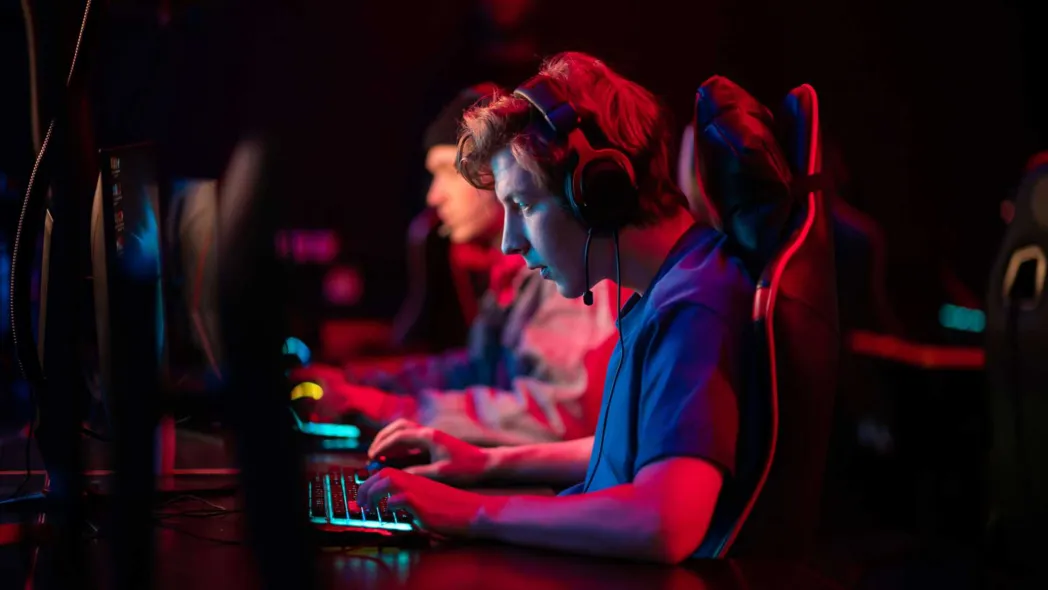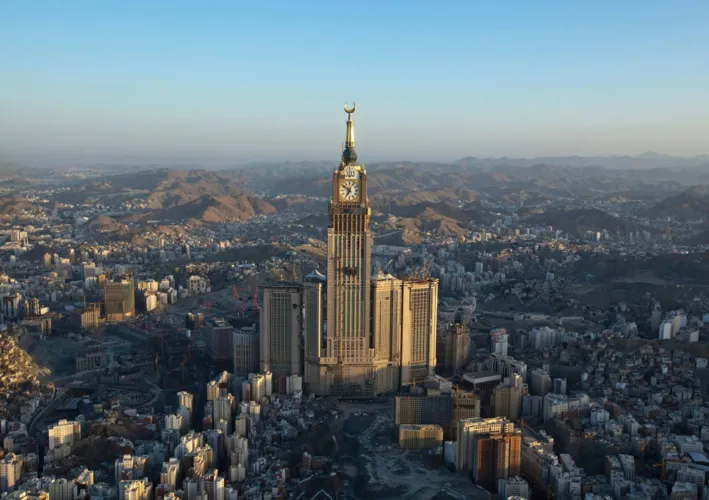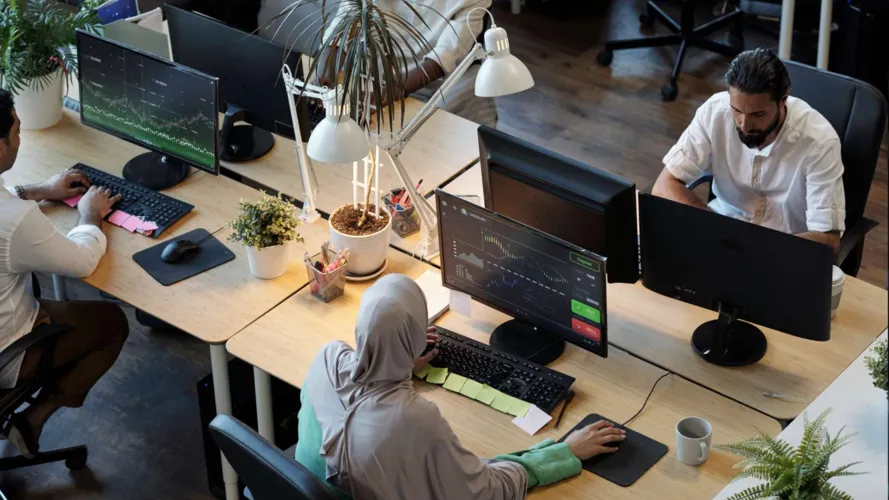Saudi Esports Market Poised to Add SAR 50 Billion to GDP by 2030
Esports in Saudi Arabia have transformed from a specialized subculture to a major driver of the country's economy. With about 1,000 professional players and 23.5 million gamers (approximately 67% of the population), the Saudi esports market is no longer only a youth-driven hobby. According to forecasts, it would contribute SAR 50 billion ($13.3 billion) to GDP by the end of the decade, making it a crucial component of Vision 2030.
This article explores the key drivers behind Saudi Arabia’s esports boom: its youthful digital-native population, landmark infrastructure projects like Qiddiya and NEOM, global events such as the Esports World Cup, and the rise of local talent. It also examines how the Kingdom is positioning itself as a global hub for gaming innovation, while creating 39,000 jobs and reshaping its private sector. From cultural transformation to exportable services, the Saudi Esports Market is rewriting the playbook for economic diversification.
23.5 Million Gamers Signal a Cultural Shift in Saudi Arabia
Gaming is deeply embedded in Saudi society, especially among its youth, as 89% of the population is under 35. This demographic alignment with digital culture has created fertile ground for esports to flourish. The rise of professional teams, local tournaments, and global events hosted in Riyadh reflects a cultural transformation where gaming is both a lifestyle and a career path.
SAR 50 Billion GDP Boost: Esports as an Economic Driver
According to recent projections, the Saudi Esports Market could inject SAR 50 billion into the national economy by 2030. The sector is expected to generate 39,000 jobs across game development, event management, and content creation—making esports a key contributor to private sector expansion.
Qiddiya and NEOM: Building the Future of Esports Infrastructure
Not just investing in players, Saudi Arabia is building cities around them. Qiddiya, the world’s first dedicated gaming and esports district, is designed to attract 10 million annual visitors. Meanwhile, NEOM’s gaming campus will house AAA studios, motion capture facilities, and incubation zones. These mega-projects are set to position the Saudi Esports Market as a global hub for innovation and immersive entertainment.
Esports World Cup and Olympic Esports Games: Global Stage, Local Impact
Saudi Arabia’s hosting of the Esports World Cup in 2024 with a record-breaking $60 million prize pool was a defining moment.
The highly anticipated inaugural Olympic Esports Games, originally slated for 2025, have now been postponed to 2027 due to unresolved planning challenges, including game title selection, venue confirmation, and qualification frameworks. While the delay may disappoint fans, it reflects the International Olympic Committee’s commitment to delivering a landmark event that honors both Olympic values and the distinct nature of esports.
These events will further cement the Kingdom’s role on the global stage and stimulate tourism, hospitality, and cross-cultural engagement, creating ripple effects across multiple industries.
Talent Development: From MSdossary7 to Saudi’s Digital Vanguard
Saudi champions like MSdossary7—FIFA eWorld Cup winner and founder of Team Falcons—have become more than esports icons; they’re catalysts for a generational shift in how young Saudis perceive career paths in tech, media, and competitive gaming. Their success stories are fueling a grassroots movement, where passion for play is translating into professional ambition.
Youth academies, mentorship programs, and nationwide tournaments are doing more than training players—they’re cultivating strategic thinking, digital literacy, and collaborative skills that are transferable across industries. With nearly 1,000 professional gamers already active, the Saudi Esports Market is quietly building a talent pipeline that extends far beyond the arena. These players represent the Kingdom’s next wave of digital creators, analysts, and entrepreneurs—positioned to lead not just in esports, but in the broader innovation economy.








